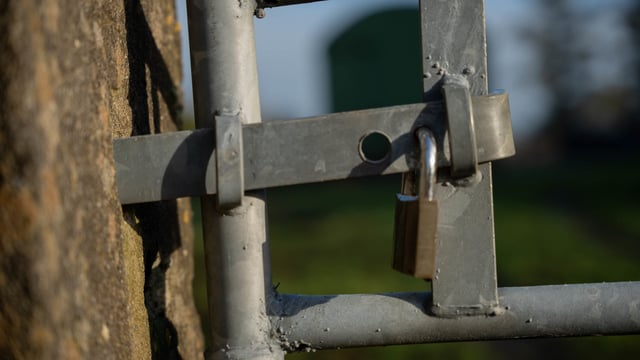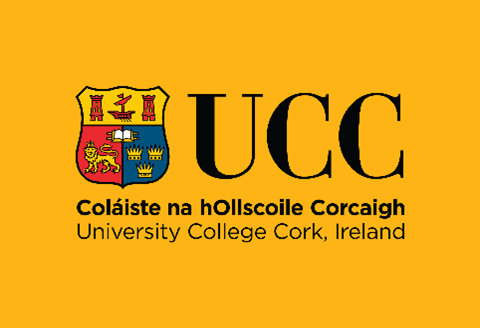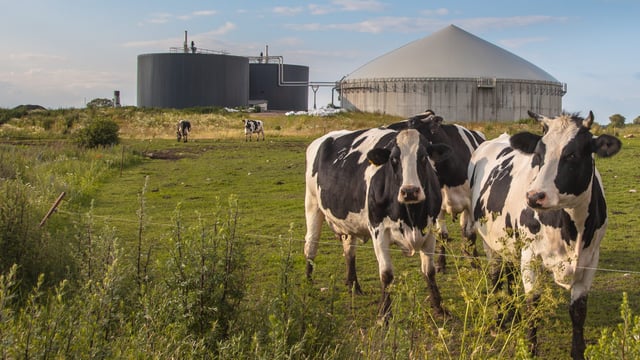Call for Taoiseach to lead Ireland's derogation application
The Seanad has heard that the office of the Taoiseach should lead Ireland's application for a new nitrates derogation, rather than the two department's responsible.
Senator Tim Lombard said this morning (Thursday, October 3) that the Department of Housing, Local Government and Heritage - which oversees that Nitrates Action Programme (NAP) - and the Department of Agriculture, Food and the Marine - to which farmers apply for a derogation - both "dropped the ball" last year.
In September of 2023, the farming and agri-business community learned that the European Commission would not be reviewing the terms of Ireland's current derogation, and therefore, in most of the country, the upper limit of the derogation moved from 250kg of organic nitrogen (N) per hectare to 220kgN/ha from January 1, 2024.
Lombard said this morning: "12 months ago, a bombshell hit the agriculture sector and the dairy sector in particular. The majority of Ireland, seven-eights of it, became part of a 220kgN/ha zone.
"The knock-on implication was we had absolute chaos within the system. The potential of in-calf cows being slaughtered...was absolutely chaotic.
"How we handled that was my deepest concern. Literally a Zoom call was how we understood that we had lost our derogation. There was chaos in the system. The knock-on implication is we have lost a billion litres of milk through this over the last two years," Lombard said.
The west Co. Cork based-senator, who is a dairy farmer himself, called on the government to provide information on the progress on Ireland's application for a new derogation from January 2026.
"We have over 1,200 dairy farmers in my part of the world. We have five major co-ops. They are all really important drivers in our community. If you take in 1,200 farmers, the co-ops, all of these people, it's a major driver in rural Ireland.
"I am asking [the government] to bring forward where we are with this plan. Where are the negotiations?... [Has the government] made the approach to the commission?
"I understand [the application] has to be made in the next few weeks. I want to know what [discussions] are they actually having, what are they saying, where are they going," Lombard said.
Commenting on the recent visit to Ireland by European Commission officials to meet stakeholders involved in the Nitrates Action Programme, Lombard was critical of the fact that they were not taken to the Timoleague Catchment in Co. Cork, which is in the higher 250kgN/ha zone but is regarded as having acceptable water quality.
"We should have taken the commission down there, to show how you could have had a really-highly stocked bovine area and really good quality of water," he said.
"So we have two department's covering this, the Department of Housing...and the Department of Agriculture. There needs to be a whole-of-government approach to make sure the derogation is kept.
"I personally believe that...the Taoiseach's office needs to be driving this forward. I am deeply concerned if we're leaving 'Housing' and 'Agriculture' in charge again. Last time they dropped the ball. Last time they did a zoom call, which wasn't good enough," the senator added.
"This time we need to make sure that it's the very top of government that makes this approach. Otherwise, I'm fearful where our family farms will go and I'm fearful where this industry will go," Lombard said.
Minister of State at the Department of Health Colm Burke was answering question on behalf of the government in the Seanad today. He said that officials from both the Department of Housing and the Department of Agriculture are currently preparing the sixth Nitrates Action Programme.
The minister also said that officials from both departments are working on additional water quality measures that are set to take effect from January 1, with a public consultation set to take place next month.
Lombard said that the timeframe from the public consultation in November to January 1 was too short to give the farming community time to change practices.
However, Minister Burke said that these measures would have to come into effect on January 1 to provide for a lead-in time before the new derogation - if granted by the EU - would take effect.





